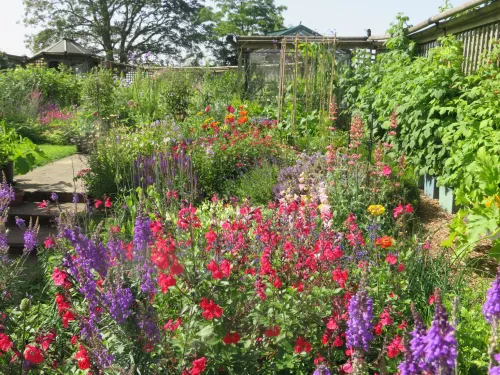
Have a wildlife garden
Create a wildlife garden or a wild space supporting a range of wildlife.

Find out all the information you need to apply for a Wilder Kent Award as a university.
Kent Wildlife Trust is the leading conservation charity in the South East and one of 46 national Wildlife Trusts. For over 60 years we have been saving and improving habitats to ensure that Kent’s wildlife can thrive and people can enjoy the natural world around them. With your help, we can continue to do this for generations to come.
To ensure that 30% of Kent's land and sea displays increased climate resilience and contains abundant wildlife.
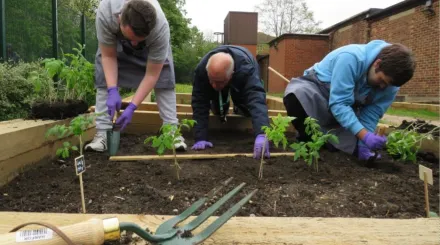
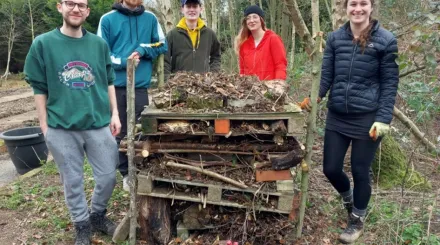
All of the award criteria are outlined in this guide and there are multiple award tiers (commendation, bronze, silver and gold) that can be achieved. The more criteria you meet, the higher your award will be.
By entering, you will be showing your ambition to connect people with nature and protect wildlife for the future. Any achievement is a helping hand for wildlife and the scheme allows you to increase your award level year on year so you can help wildlife for as long as possible.
No matter how many criteria you can meet we would like to thank and congratulate you for your efforts in helping to create a Wilder Kent.

Create a wildlife garden or a wild space supporting a range of wildlife.
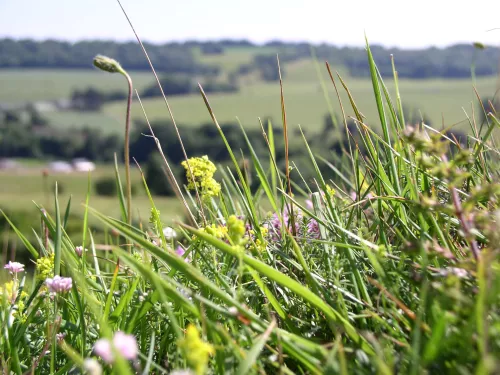
Ensure areas of long grass are left to provide wildlife habitat on site.
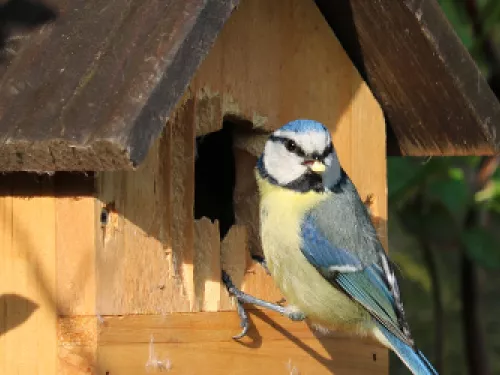
Install and maintain bird boxes where appropriate
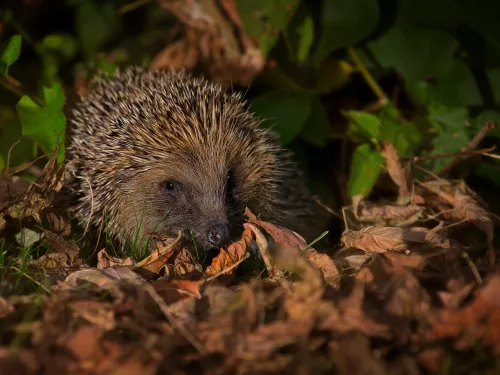
Install and maintain hedgehog boxes where appropriate.
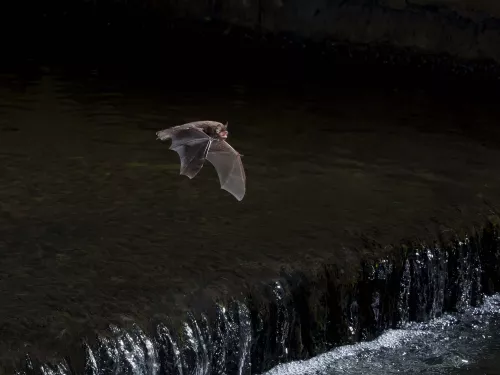
Install and maintain bat boxes where appropriate.
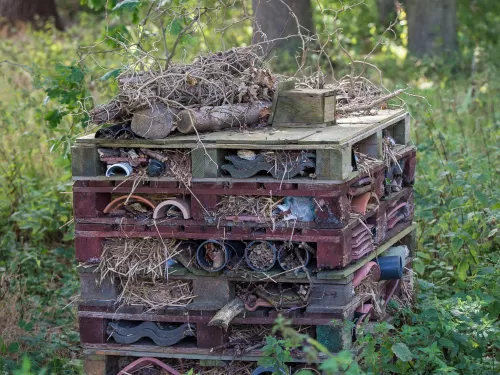
Install and maintain minibeast homes at all suitable places
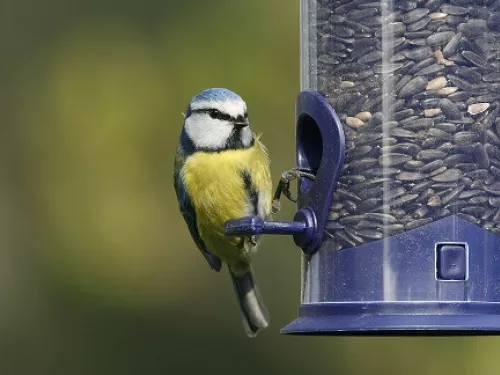
Place wildlife-friendly food in your gardens during the winter months.
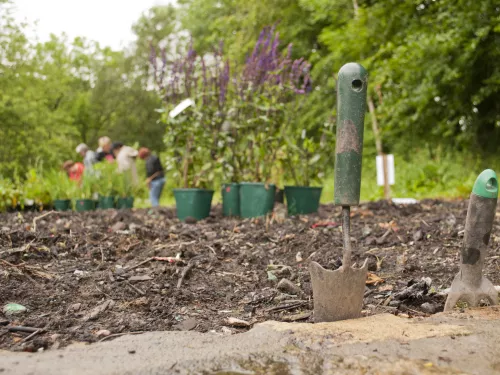
Ensure that no chemicals are used on the gardens or wild areas.
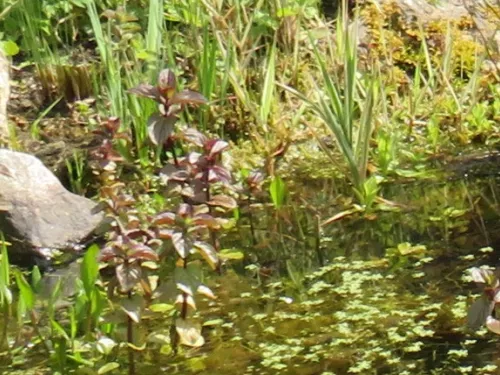
Introduce a pond that will sustain a variety of wildlife.
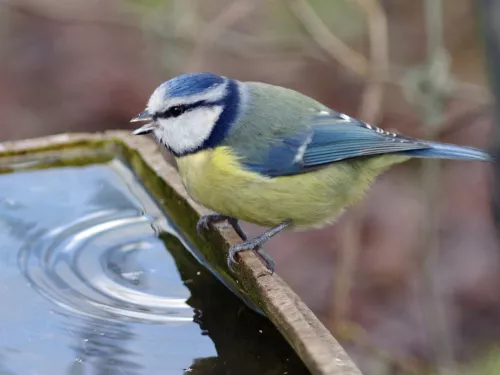
Install simple water solutions for wildlife and keep them clean.
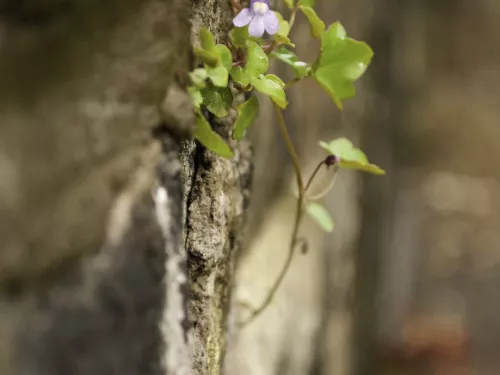
Work with grounds staff to maximise the site and available spaces for wildlife.
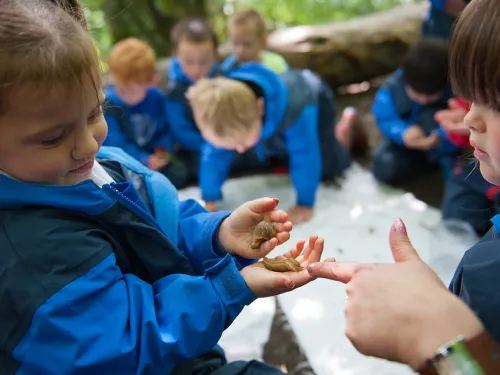
Create a committee made up of staff and students to meet regularly and monitor actions.
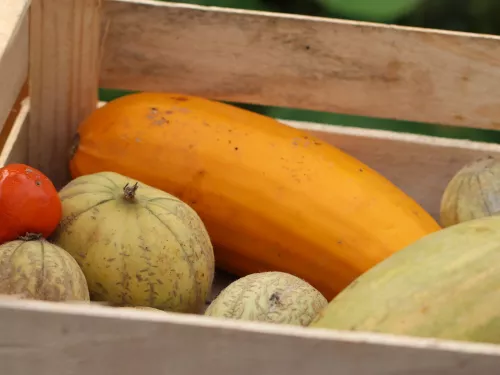
Have a community allotment or wild space and grow produce.

Write to your local MP about a wildlife or climate issue.
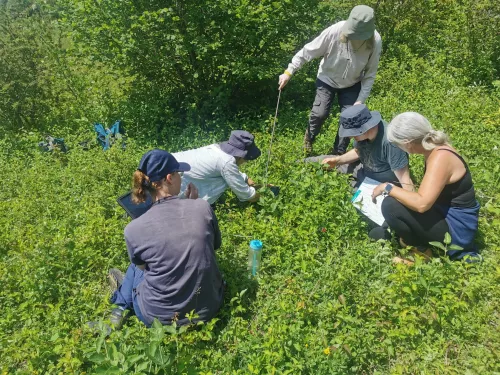
Conduct surveys, like a BioBlitz, to identify wildlife on site and monitor it.
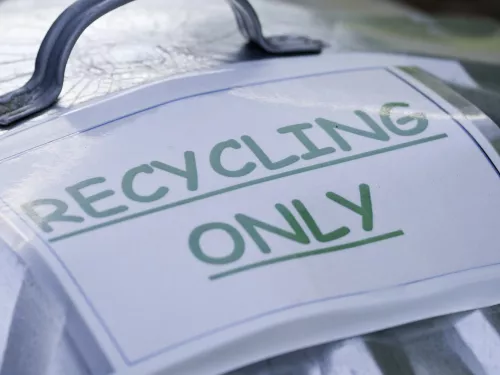
Promote recycling and provide easy access to the right facilities.
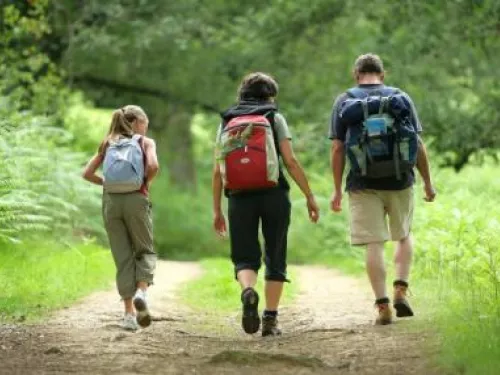
Encourage students and staff to start walking to university.

Switch off lights and electrical equipment when not in use.
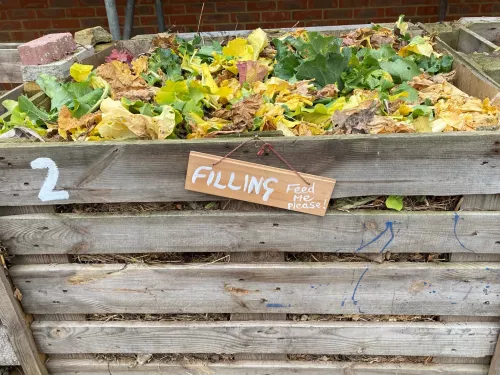
Actively compost food waste and use it to make things grow.
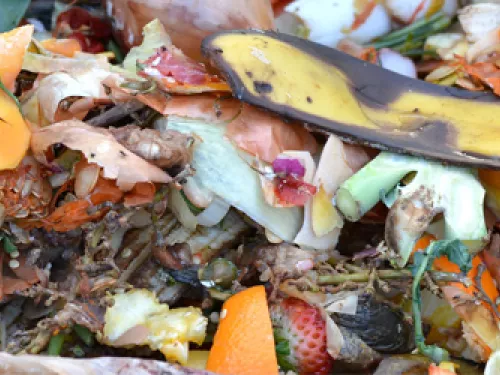
Encourage litter-free lunches and the use of non-disposable utensils.
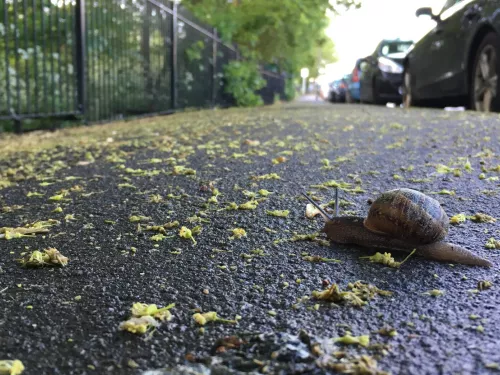
Take actions so parents turn off car engines whilst waiting at the nursery gates.
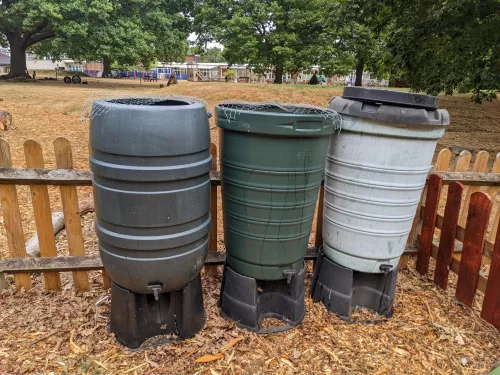
Use water saving devices like water butts for use in university gardens and nature areas.
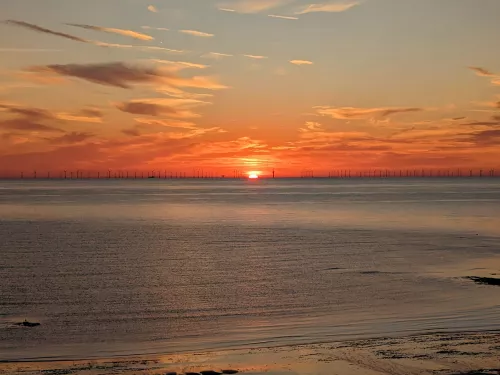
Monitor and improve your university's energy consumption.
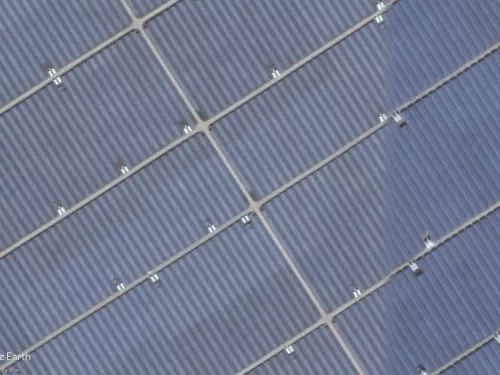
Ensure that energy from renewable source is used on the university site.
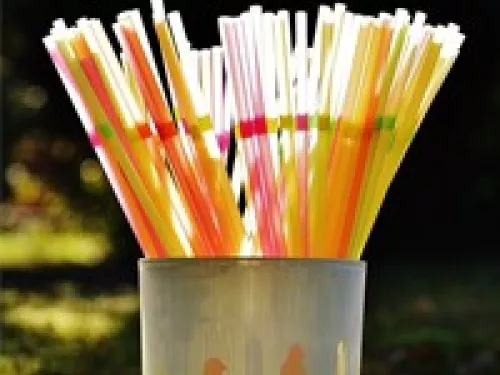
Create a policy to eliminate single use plastic on site and enforce it.
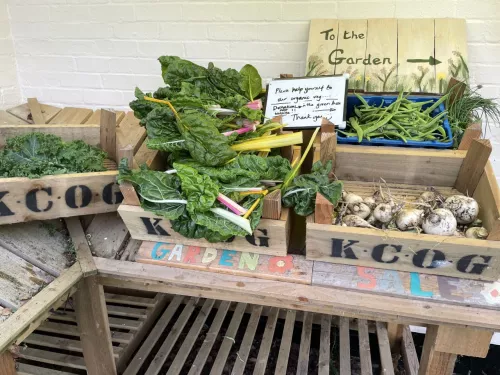
Increase the amount of locally sourced food that is served.
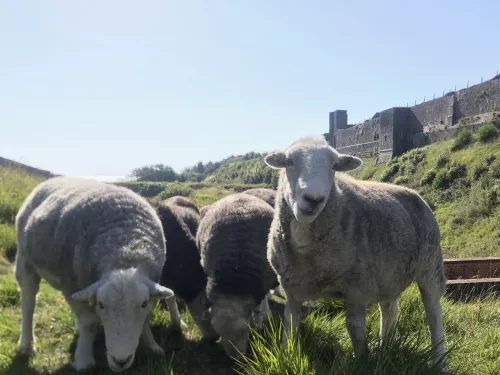
Promote a meat free day a week and educate children on how it helps.

Monitor and improve your university's water consumption.

Use paper-saving devices in any toilets and washrooms.
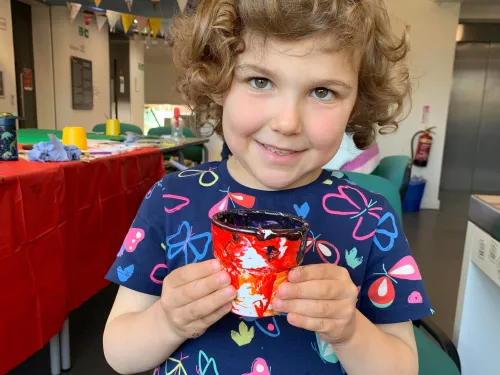
Reuse and repurpose old materials to help wildlife.
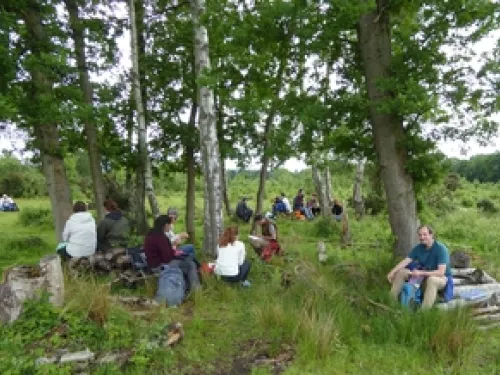
This champion would promote the awards and your actions to the rest of the university.
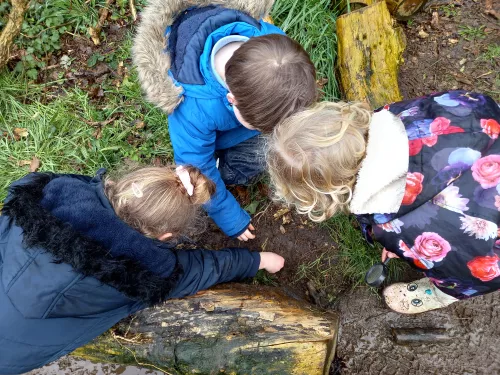
Ensure that children have a chance to learn about Kent's wildlife while at university.
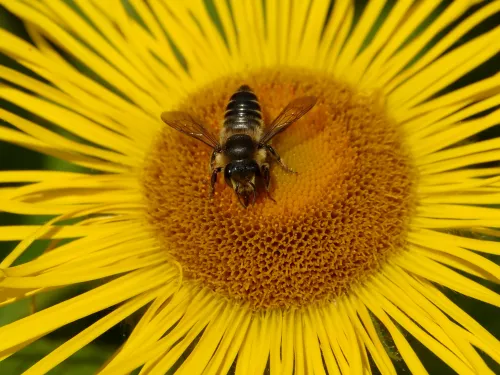
Encourage pupils to grow nectar-rich plants at home and consider providing free seeds.
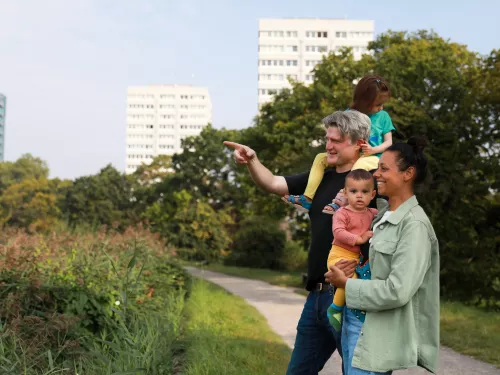
Engage with the community in creating wild areas locally for all.
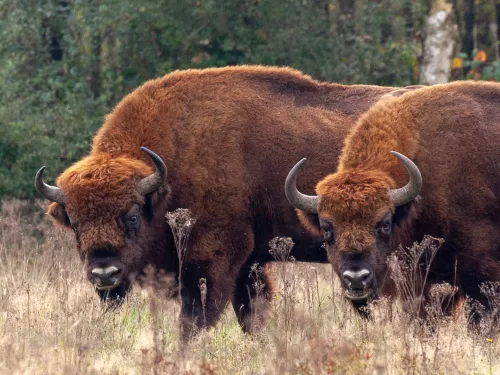
Engage with campaigns and projects like Bugs Matter and Wilder Blean.
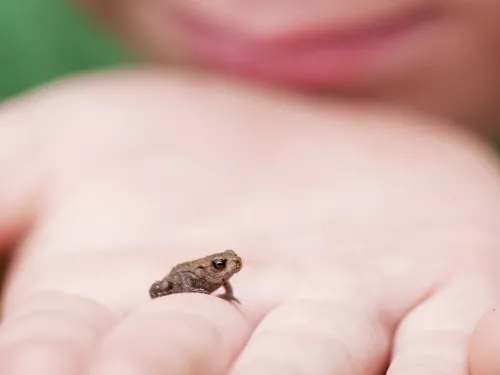
Organise group visits to local nature reserves and sites.
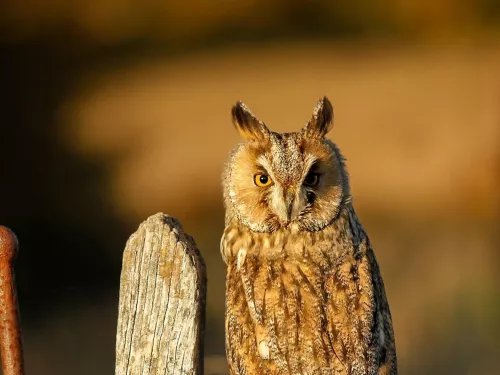
Keep a diary, journal or blog of your Wilder Kent Award journey.
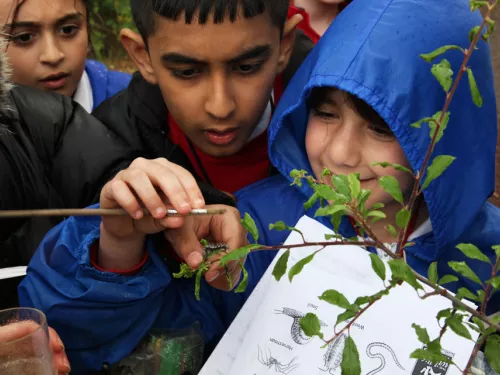
Run outdoor leaning sessions often and encourage leaders to take classes outside.
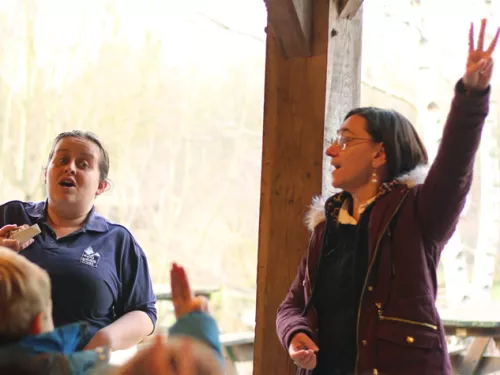
Work with a local business or groups to improve multiple areas for wildlife.
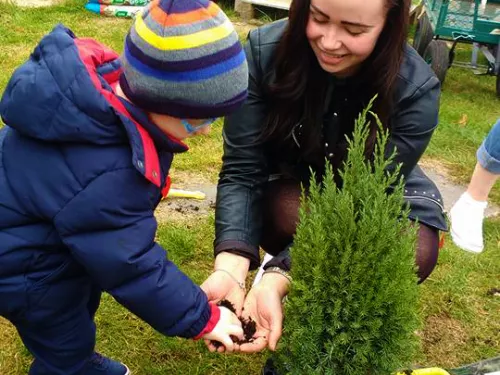
Plant native trees, hedgerows and shrubs.
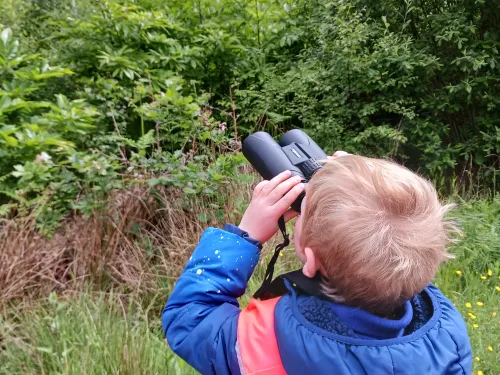
Carry out a fundraising day to help out a wildlife or conservation charity of your choice.
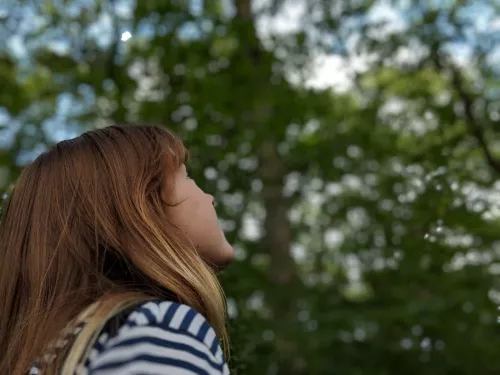
Run outdoor mindfulness sessions to connect with nature.
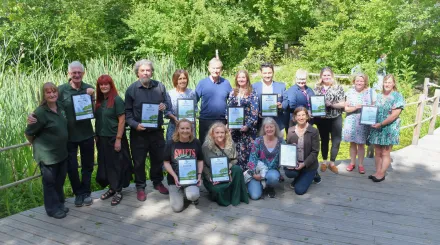
credit: Tom Horton
Our awards acknowledge the work of nurseries that are helping adults and children reconnect with nature. Their action benefits us locally and helps tackle the global environmental threats we all face.
Throughout your journey, please fill in your submission form to keep track of how you are meeting each of our awards’ criteria. All the while, ensure you are collecting supporting evidence. Your evidence may include photos and videos, reports, data, other certificates or press coverage.
Once you have filled out your submission form and gathered your evidence, you are ready to upload your evidence and submit!
You'll need your submission form to begin filling out your evidence for the three awards categories.
You can also find a downloadable version of this guide for entrants below.
Download here